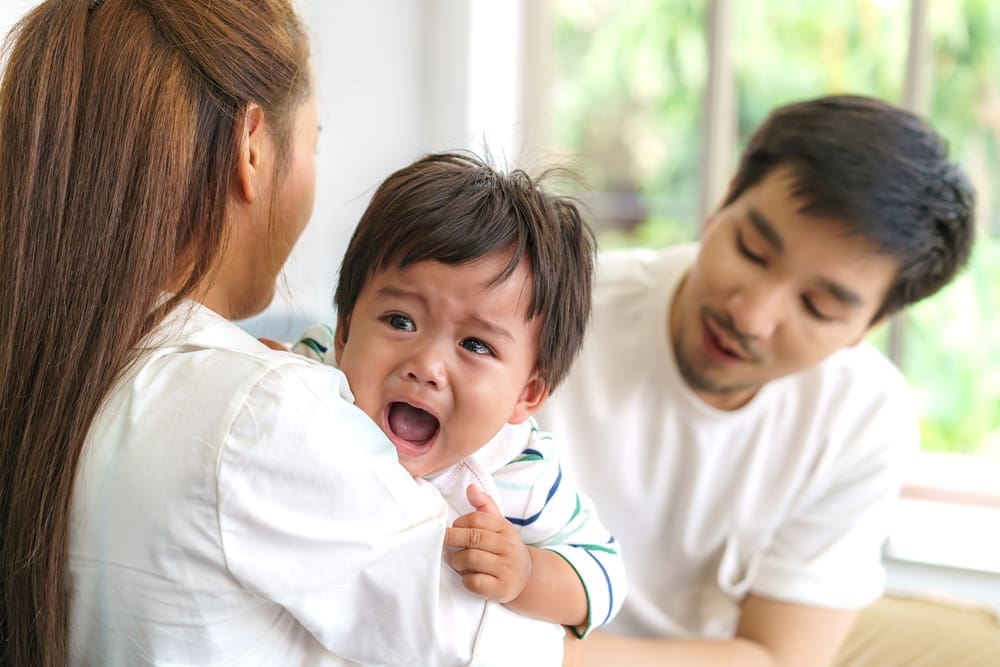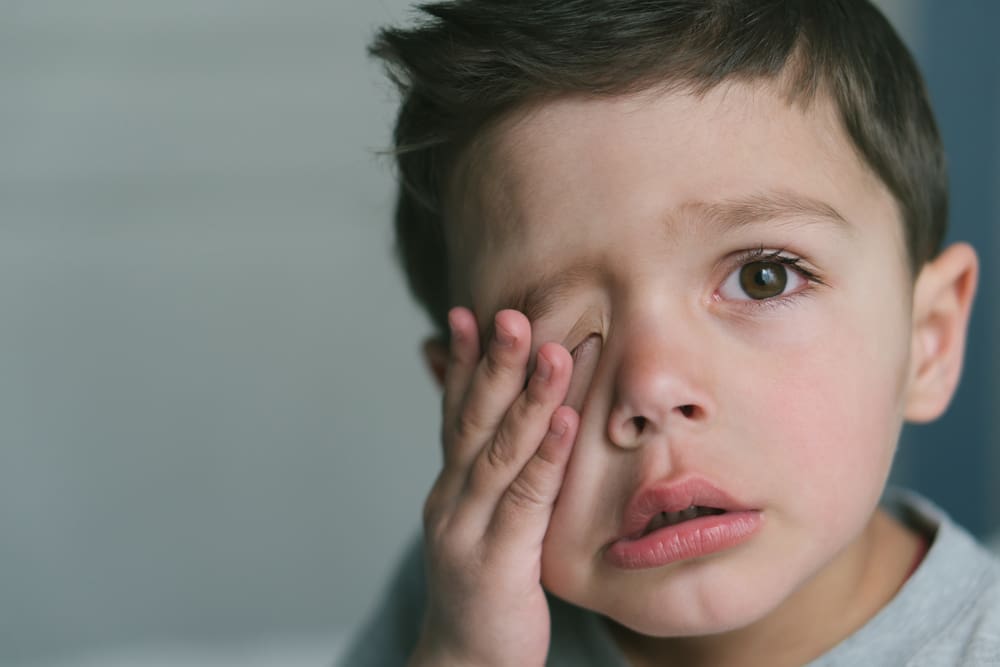Prepare Yourself To Deal With Your Toddler’s Big Emotions

One of the most common challenges that parents experience is when their children enter the toddler phase. As they observe changes in their children’s temperament and behavior, they can feel unprepared to cope. Sudden upsets, and bursts of anger or tears can be bewildering and it can be challenging to know how to respond to our children’s big emotions, understand what they need, and help them manage their emotions.
Preparing ourselves for this phase is one of the most helpful things we can do as parents, as it will help us to properly support our children. We need to learn about children’s development and understand what is a reasonable expectation of our children at the different developmental stages that they will go through.
There are many underlying reasons for your toddler’s big emotions and understanding them can help with empathizing and supporting your child, and potentially help you prevent big emotional meltdowns from happening.
Toddlers’ big feelings can lead to tantrums because they’re…
Hungry
Sleepy
Lonely
over-stimulated
Reduced attention or affection from parent
Frustrated due to an inability to verbalize their needs
gdf
An important thing to remember is that it is developmentally appropriate for our children to experience big emotions. We need to acknowledge that the ability to regulate emotions, impulses, behavior and make sound decisions doesn’t fully develop until later in life. Our toddlers’ brains are still developing and the way we respond to them will help them eventually learn how to self-regulate.
It takes many instances of co-regulation with a loving adult for our children to eventually learn how to regulate their emotions.
Additionally, when you think about it, our toddlers have very little control in their day. It is reasonable to expect that they will become frustrated with this lack of control. Offering your child choices whenever possible will really help with preventing meltdowns.
The more we understand our children and the underlying need behind the emotions, the better we will be able to support them.

How to handle big emotions in your children
1. Regulate yourself.
Our children need our calm presence to help them regulate. If we are dysregulated and frustrated and our child sees that, it will become very difficult for them to regulate their own emotions. This can be difficult. Practice taking deep breaths, remind yourself of your child’s stage of development and that they still don’t have control over their emotions, and repeat some mantras to yourself such as:
“my child needs my calm presence,” or
“this isn’t an emergency, it will pass.”
2. Hold the boundary you want your child to stay within.
If your child is hitting or throwing things or being unsafe, the priority is to keep them safe. Tell them:
“I can’t let you hit,” or
“I can’t let you throw that, it’s unsafe and I need to keep you and others safe.”
Your child will likely have some energy that they have to get out and that’s why they sometimes resort to hitting or throwing. Give them an opportunity to move their body either through walking, or running, or wrapping themselves in a blanket and feeling that deep pressure comfort or to be embraced by you.
3. Let your child know that you hear them and repeat back what they’re telling you.
“You wish that we can stay longer at the playground.”
You may even try saying something like:
“Wouldn’t it be nice if we could stay at the playground all day? I wish we could, but we really do have to get home. Would you like me to carry you or hold your hand?”
4. Take your child to a safe place.
Sometimes children need to be removed from the space they’re in for their own safety and it may help them calm down to move elsewhere. Take your child to a different space and sit in front of them. Sitting down with them tells them that we are there for them, not scared of their feelings, and that they’re safe.
5. Once the tantrum has finished, meet your child’s needs.
If one of the underlying reasons was hunger, offer them a snack. If they’re tired, snuggle them and see if they need to get some rest. If they were feeling disconnected or lonely, read a book with them or hold them close.
6. Discuss what happened.
When your child has calmed down, take the opportunity to discuss what happened.
“You were feeling upset because we had to leave the playground and you wanted to stay. You began to scream and run away from me and I had to keep you safe. It’s okay to feel sad but we can’t run away and scream like that.”
Our children are constantly watching and learning from us. When they see us using healthy coping strategies when we are frustrated or sad, they will learn this from us which is one of the most valuable tools we can teach our children. We can model deep breathing, taking a break, asking for help, among other coping strategies. When our children’s emotions are out of control, they need an adult who is able to remain in control of their emotions. Children will feel safer when they know the adult with them is in control and that they are safe and loved.
Runda Ebied
Runda Ebied is a mother of two children, and a paediatric Occupational Therapist. Runda currently works with children with special needs both in school settings and within their homes. Runda is very passionate about maternal mental health and children’s emotional and mental well-being.
Runda has an online platform on Instagram and Facebook dedicated to these important topics and more of her writing can be found on www.mothercarejourney.com.
Follow her on Instagram and Facebook @mothercarejourney



Trackbacks/Pingbacks